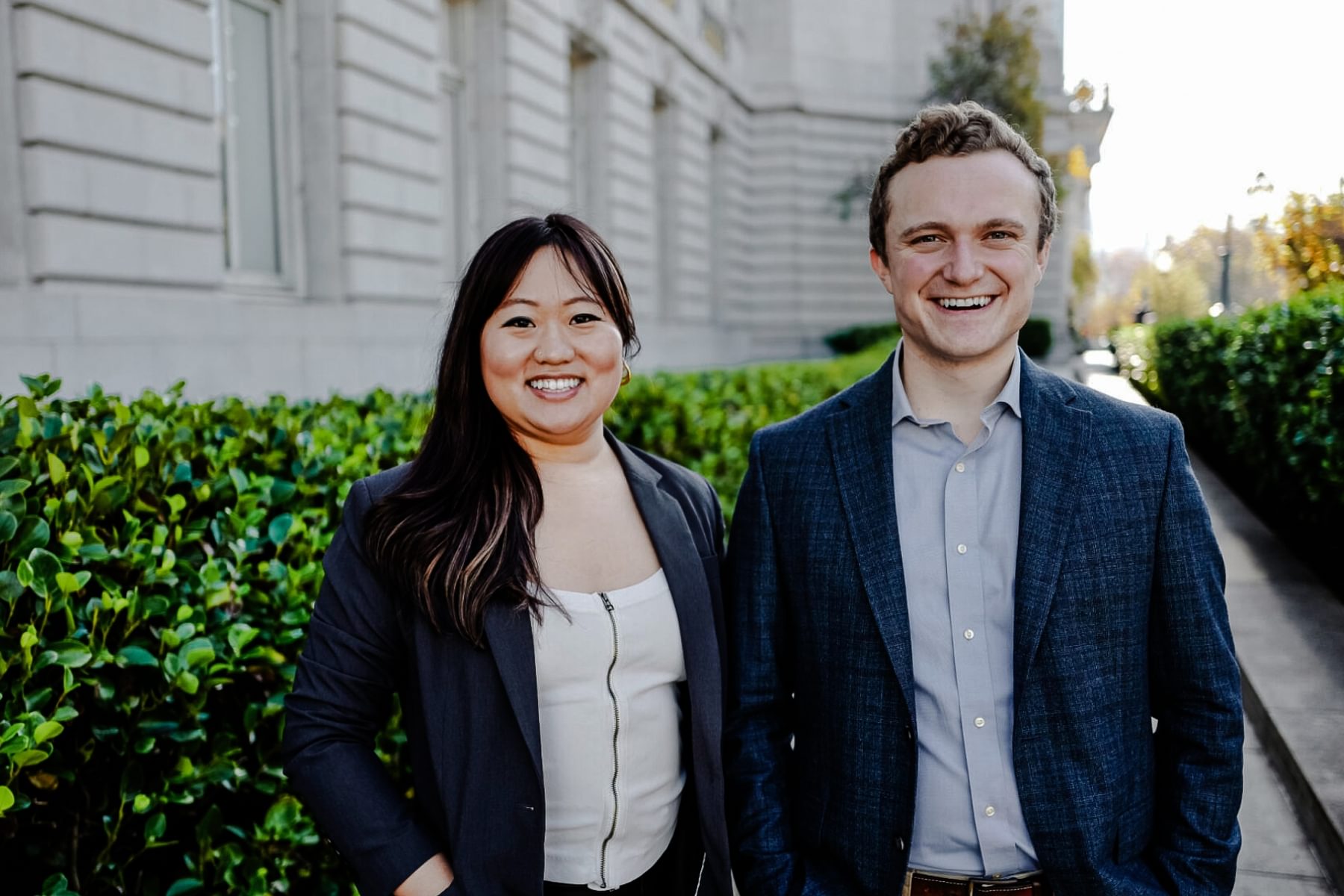Being persistent or thoughtfully engaging is not “being a jerk.” This is a piece of advice I dispense to many first-time entrepreneurs who might be pre-conditioned or predisposed to thinking that a “no” or a non-reply is a dead end.
While I have definitely seen folks tread the line of being a jerk — some even crossing or leaping over the that line — I usually encourage early-stage ventures — like ones that I mentor in the healthcare and life sciences space at the Harvard Innovation Labs — to test and experiment with how they can better engage different stakeholders. This is an instrumental life skill that extends well beyond building a company or finding the perfect advisor or investor.
Too often, the young startup founders I advise have difficulty being what I perceive as tenacious or persistent. Even when taking that extra step might be in their best interest, many are reluctant. And while it is important to consider how one might finesse one’s approach or strategy in cold calling or meeting in person, you can only strategize for so long. At some point, you have to take the plunge and do it.
One example of this that causes startup turmoil comes when founders need to speak to or even let go of a team member who isn’t adding to the company’s mission. Acting like a true manager is often difficult for first-time entrepreneurs, especially when founders involved are likely friends and classmates. We have definitely seen our fair share of this at the i-lab, but, as a university-based startup collaborative, we are here to help students navigate this and similar situations. However, the heavy-lifting is still up to them.
While firing an employee is an obvious instance of the difficult side of business that many founders have to deal with at some point, learning to be tough or “pushy” is also important in other, less obvious circumstances for early-stage companies.
Let’s say for instance that you just happen to be an entrepreneur who is also a student at Harvard.
For one, you have done a lot of hard work and have had a great deal of success in your life in order to gain entrance to one of the nation’s top universities. Hearing “no” or “not making the cut” probably has not been something to which you are accustomed. Secondly, in terms of building your network, you’ve probably had the benefit of a lot of good and warm introductions (it doesn’t hurt when you write someone and mention that you’re a Harvard student).
But when pitching to a venture capitalist, seeking out advisors, or trying to acquire customers, it’s a different ballgame.
Too often after a first attempt to connect with someone that didn’t go as planned, founders write-off or kill the lead: They reached out to a VC in their industry and didn’t hear back, or they asked for a meeting with an industry leader and were bluntly told, “no thanks.”
If this connection is on a dream list of mentors, definitely don’t take a “no” as a final and complete judgement. A rejection can be an opportunity to learn, pivot, or to take risks that may be uncomfortable. When you reach out again, you should have exciting updates on the progress of your venture, have learned more about what makes that person tick, or find some other angle to get some face-time.
Or, you can do what Grace and Raul -- a pair Harvard College student-founders that were part of our Venture Incubation Program -- did.
Very early in the development of Kynplex, their scientific innovation network and platform, the co-founders reached out to an influential figure in life sciences research and funding. To their surprise, he was highly critical of what they were doing and told them he was not interested.
Instead of taking the rejection as an insult, dismissing his comments, and regarding him as someone who just didn’t “get it,” Grace and Raul turned around and emailed him again. In their second attempt, they clarified their reasons on why they were doing what they were doing and asked for any suggestions on how to improve their product or approach. For the two founders, the worst that could have happened was that they wouldn’t hear back from him.
The second time around, he not only responded, but his reaction was completely different than their first interaction. He told them that he’d be swinging into Boston soon and that he’d love to take them to dinner and hear them out some more.
After the meeting, he changed his mind and not only mentored the company but became one of its most prominent supporters.
The key is that instead of being angry and burning bridges when they were rejected — although that may have seemed like the natural thing to do — they tested a different way of encapsulating their venture and mission while soliciting feedback and came out the other end all the better for it.
The lesson is one that all startup founders should learn: You have to be comfortable with no’s while trying to get your way to a “yes.”





